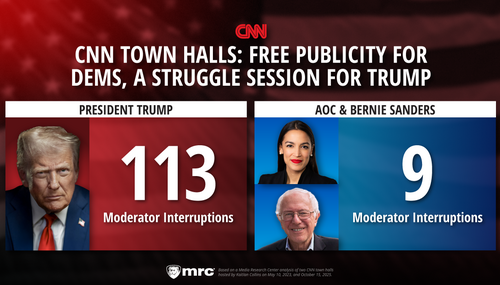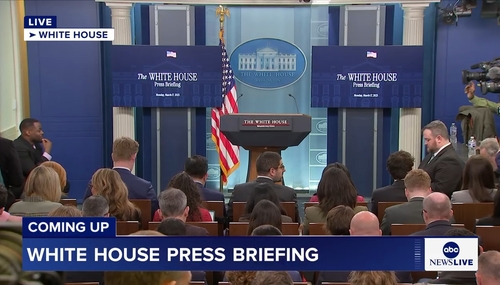Do you remember Leonardo diCaprio's turn as an ABC News correspondent, interviewing President Clinton on the environment in 2000? Well, premiering Tuesday on PBS: "Journey to Planet Earth," the latest public-broadcasting environmental-disaster documentary, hosted by pretty-boy actor Matt Damon. The show's PBS website promises:
Nearly half the world’s wildlife species may become extinct over the next fifty years. Climate change, the illegal wildlife trade, the spread of disease, and the destruction of critical habitat are pushing species to the brink. Join host Matt Damon as Journey to Planet Earth investigates what scientists call 'the sixth great extinction of the world’s animals' and what we are doing to stop it." Then scroll to the bottom of the page and see all the government agencies that have given your tax dollars to this panic-button-pusher:
"Major funding provided by National Science Foundation, National Aeronautics and Space Administration, National Center for Research Resources at the National Institutes of Health, National Institute of Environmental Health Sciences, Kellogg Foundation, Department of Energy, Arthur Vining Davis Foundations, and Department of Agriculture. Additional support from Rockefeller Foundation, World Bank, American Honda Foundation, and Bernice Cross Trust."
Now, wasn't government-funded journalism a big no-no when it's applied to say, the war in Iraq? Or Armstrong Williams getting a P.R. contract with the Department of Education? How many outraged stories were we given that the government would push its political agenda in the news, or even coach public servants on how to present themselves? A colleague reminds me of this quote, for example, expressing outrage that soldiers rehearsed an approaching satellite-TV conversation with President Bush:
"Many administrations, Democrat and Republican, stage-manage events, and often the news media ignore the choreography.... But only two weeks ago, the Government Accountability Office criticized the Education Department for violating a law banning government-funded propaganda....A rare look behind the curtain of a White House trying to sell an increasingly unpopular war.”
— Andrea Mitchell on the NBC Nightly News, October 13, 2005.
For expertise, the series relied on the usual cast of panic prophets, including Worldwatch Institute chief Lester Brown, Stanford biologist Paul Ehrlich, climatologist Steven Schneider and alternative-energy guru Amory Lovins. In Florida, Biologist Larry Harris predicted that "the sea will come up about one foot within the next 25 to 40 years. That means that the edge of the sea we're standing on today will occur ten miles north of here by about the year 2010."Actress Meryl Streep declared: "By the year 2000 -- that's less than 10 years away -- the earth's climate will be warmer than it's been in over 100,000 years. If we don't do something, there'll be enormous calamities in a very short time." No scientist appeared to challenge these experts or to point out they predicted an ice age by the late 1970s.
But [Linda] Harrar defended the exclusion of balancing voices: "There are ways of confusing the public in putting ping-pong matches onto television which we did not particularly think was useful." Harrar repeated the point later: "I'm not sure it's useful to include every single point of view simply in order to cover every base because you can come up with a program that's virtually impossible for the audience to sort out." So: PBS thinks the public isn't smart enough to consider conflicting arguments in a policy debate which could change their entire way of life. Maybe during the next pledge drive, local PBS stations could use the slogan "PBS: You pay, we tell you what to think."




